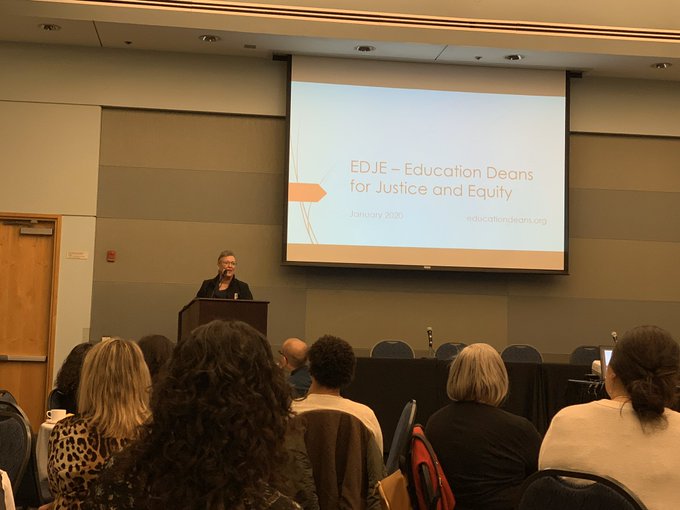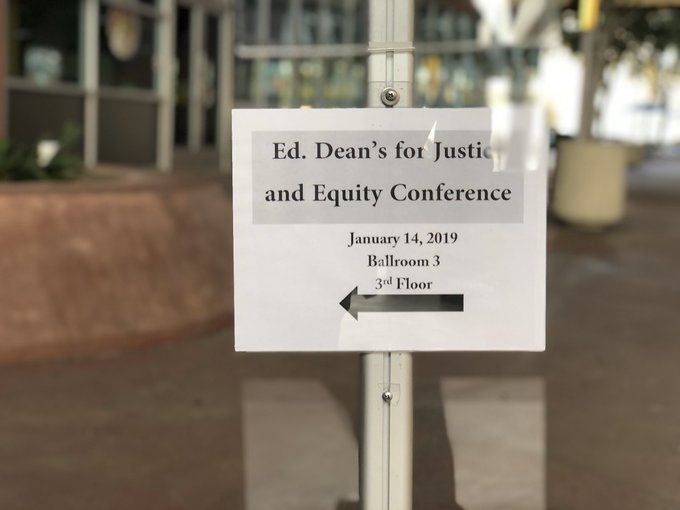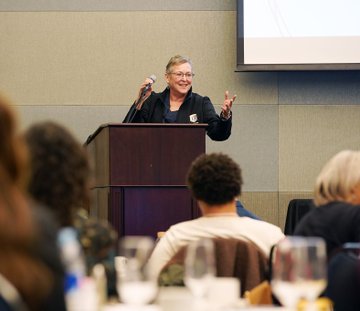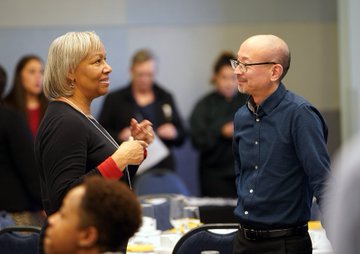Education Deans for Justice and Equity? | Cloaking Inequity
EDUCATION DEANS FOR JUSTICE AND EQUITY?
I truly believe that our deans and other academic leaders can translate their community-engaged, community-relevant work that they have undertaken as researchers and teachers into higher education leadership roles. I am seeking to do that on a daily basis in my role as dean at the University of Kentucky College of Education.
Here are the mission and principles from their website.
Public education has, in many ways, functioned historically to sort and marginalize various groups, and so-called “reforms” often exacerbate the problems. The purposes and the promises of public education are to prepare all students to succeed and flourish in life, and we insist this cannot be done without explicitly and intentionally addressing inequities and injustices in education, particularly regarding nationality, language, race, social class, gender, sexuality, religion, ability, and other dimensions of diversity. As deans of education, we have a moral responsibility to act on the following principles, individually and collectively.
Mission Statement
Education Deans for Justice and Equity (EDJE) is a nationwide alliance of education deans that advances equity and justice in education by speaking and acting collectively and in solidarity with communities regarding policies, reform proposals, and public debates.
Guiding Principles
- We believe public education is a basic human right and an essential cornerstone of a democratic society.
- We believe in the importance of taking action to resist policies and practices of discrimination and exclusion.
- We believe in protecting and advocating for the well-being and dignity of all children, families, and communities.
- We believe that the structures of poverty and inequality, which have a profound impact on educational attainment, must be dismantled.
- We believe schools and colleges of education have a moral responsibility to listen to and learn from communities that have not been well-served by public education.
- We believe that this national network of deans and other educators will influence, inform, and challenge policies, reform proposals, public debates, and social movements.
I am honored to be a member of the network and look forward to ensuring that the University of Kentucky College of Education adheres to principles of equity and justice. Please encourage your academic leaders at your nearby college of education to engage in these important conversations.
Please Facebook Like, Tweet, etc below and/or reblog to share this discussion with others.
Check out and follow my YouTube channel
here.


















